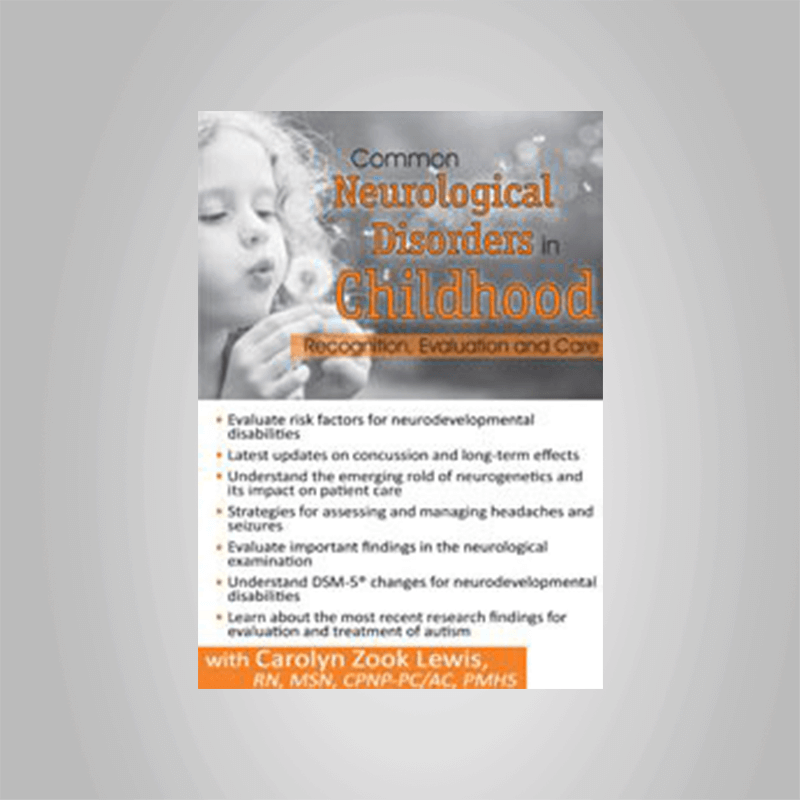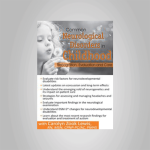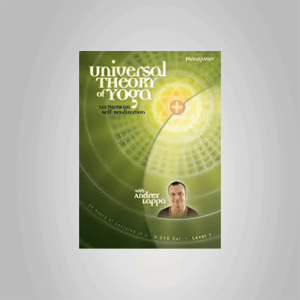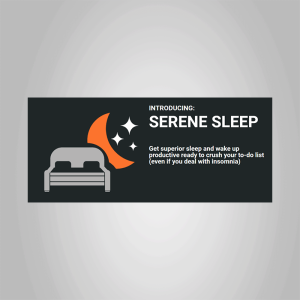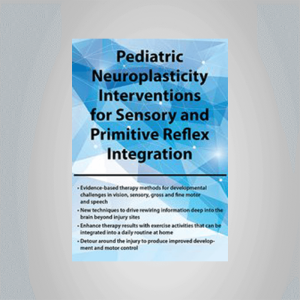Carolyn Zook Lewis – Common Neurological Disorders in Childhood: Recognition, Evaluation and CareDescriptionEvaluate risk factors for neurodevelopmental disabilitiesLatest updates on concussion and long-term effectsUnderstand the emerging role of neurogenetics and its impact on patient careStrategies for assessing and managing headaches and seizuresEvaluate important findings in the neurological examinationUnderstand DSM-5® changes for neurodevelopmental disabilitiesLearn about the most recent research findings for evaluation and treatment of autismCarolyn Zook Lewis, RN, MSN, CPNP-PC/AC, PMHS, will provide up-to-date information regarding the identification, evaluation, and management of common pediatric neurological conditions. Whether you care for children with chronic neurological conditions such as epilepsy, cerebral palsy, autism, and intellectual disability, or common conditions such as headaches – you will leave this seminar and be able to use what you have learned the very next day. Carolyn has over 28 years of pediatric nursing experience, and has worked as a Pediatric Nurse Practitioner in child neurology and primary care for 19 years. Drawing from her experiences, she will share with you many insights and case studies, along with evidence-supported strategies to help you optimize the care of children and families who are coping with neurological conditions.There have been significant advances in many aspects of neurology in the past years, and Carolyn will share with you some of changes including the emerging role of neurogenetics, the first rare but “treatable†causes of autism, and new options in the prevention of seizures. She will also help you understand the changes in the DSM-5® criteria for autism and intellectual disability.By the end of the seminar, you will gain a better understanding of the many unique challenges facing children and families with neurodevelopmental disabilities, and be given tools to help them manage and cope with their daily struggles.HandoutsWebcast Manual (3.77 MB) 87 Pages Available after Purchase Instructions for ASHA Credit – SELF STUDY ONLY – 11/15/16 (0.03 MB) Available after Purchase ASHA Participant Form – SELF STUDY ONLY – 11/15/16 (1.54 MB) Available after PurchaseOutlineThe Developing Brain: Fragile, but ResilientOverview of brain developmentBrain malformations – causes and outcomesHypoxic ischemic encephalopathy – management and long-term consequencesSkull malformations – plagiocephaly or craniosynostosis?Assessment of microcephaly and macrocephalyEvaluation and management of hydrocephalusImportant Clues from the Neurological EvaluationKeys to obtaining a clinical historyHelpful hints for the neurological examNeurodiagnostic, radiologic and laboratory testingThe emerging world of geneticsHead and Brain InjuriesRecognize mild and more serious head injuries and when to seek medical careTypes of head and brain injuriesRecognize sports-related concussions and sports in which they most often occurImmediate and long-term effects of concussionRecognize and evaluate infant non-accidental traumaRisk factors and long-term outcomes of non-accidental traumaHeadache and Migraine in Children: What You Need to KnowKey components to the physical, neurological and psychosocial assessmentTaking a headache historyRed flags and when to be concernedHeadache triggers and preventionPharmacologic and nonpharmacological managementRebound headache prevention and managementAssessment and treatment of pseudotumor cerebriSeizures: A Parent’s Worse FearHow to recognize a seizureCurrent recommendations for evaluation of febrile seizuresEducation and management after the first seizureDiagnosing and treating epilepsyEstablishing a seizure treatment planAutism and Intellectual DisabilityEarly signs and symptoms and assessment toolsDiagnostic criteria for autismDSM-IV®- DSM-5®changesThe evolving role of geneticsCerebral PalsyRecognition and types of cerebral palsyTreatment optionsComplex Care of the Child with Chronic Neurological Conditions and Severe Neurological ImpairmentsFeeding difficultiesManagement of constipationBehavioral and pharmacologic strategies for promoting sleepInterventions for behavior managementHealthcare monitoringChallenges of adolescenceSupporting the familySpecial considerations for the child with severe neurological impairmentFacultyCarolyn Zook Lewis, RN, MSN, CPNP-ACUNC Chapel HillCarolyn Zook is a certified pediatric nurse practitioner working in child neurology at the University of North Carolina Children’s Hospital. Dual-certified in pediatric primary and acute care, Carolyn has over 24 years of pediatric nursing experience and has worked as a pediatric nurse practitioner for the last 15 years. She currently cares for pediatric patients in an outpatient clinical setting, focusing on children presenting with new onset seizures, epilepsy, headaches/migraines, developmental delay and autism. Through her years of experience in primary care, Carolyn has gained unique insight into the holistic care of special needs children.Carolyn presents childhood neurology lectures for the pediatric nurse practitioner programs at the University of North Carolina and Duke University, where she was nominated for the 2009 National Association of Pediatric Nurse Practitioners (NAPNAP) Preceptor of the Year Award. She has presented at national, state, and local conferences for the Association of Child Neurology Nurses and NAPNAP, and maintains an active membership with both organizations.Disclosures:Financial: Carolyn Zook is receiving a fee for speaking at today’s educational activity.Nonfinancial: Carolyn Zook has no relevant nonfinancial relationships to disclose.
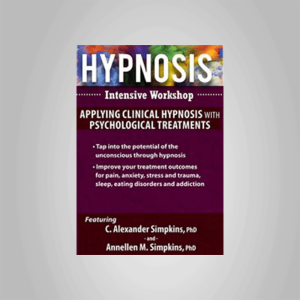 C. Alexander and Annellen M. Simpkins – Hypnosis Intensive Workshop: Applying Clinical Hypnosis with Psychological Treatments
₹10,790.00
C. Alexander and Annellen M. Simpkins – Hypnosis Intensive Workshop: Applying Clinical Hypnosis with Psychological Treatments
₹10,790.00
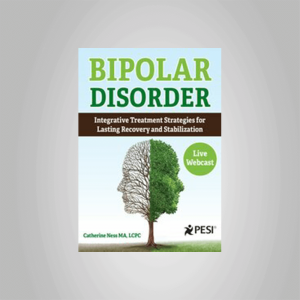 Catherine Ness – Bipolar Disorder: Integrative Treatment Strategies for Lasting Recovery and Stabilization
₹5,810.00
Catherine Ness – Bipolar Disorder: Integrative Treatment Strategies for Lasting Recovery and Stabilization
₹5,810.00
Carolyn Zook Lewis – Common Neurological Disorders in Childhood: Recognition, Evaluation and Care
₹5,810.00

